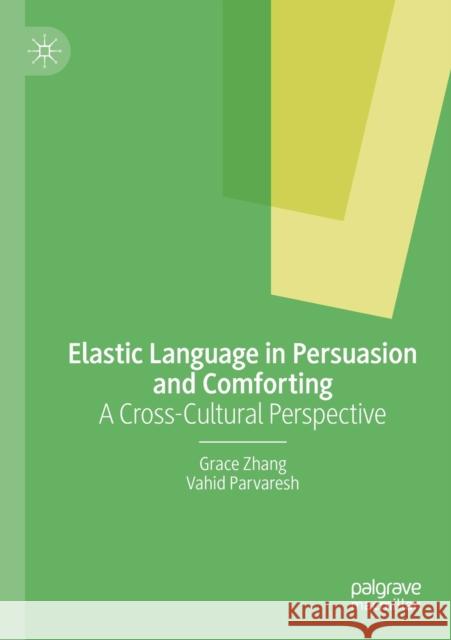Elastic Language in Persuasion and Comforting: A Cross-Cultural Perspective » książka
topmenu
Elastic Language in Persuasion and Comforting: A Cross-Cultural Perspective
ISBN-13: 9783030284626 / Angielski / Miękka / 2020 / 297 str.
Elastic Language in Persuasion and Comforting: A Cross-Cultural Perspective
ISBN-13: 9783030284626 / Angielski / Miękka / 2020 / 297 str.
cena 201,24
(netto: 191,66 VAT: 5%)
Najniższa cena z 30 dni: 192,74
(netto: 191,66 VAT: 5%)
Najniższa cena z 30 dni: 192,74
Termin realizacji zamówienia:
ok. 16-18 dni roboczych.
ok. 16-18 dni roboczych.
Darmowa dostawa!
This innovative book examines the discourse of reality television, and the elasticity of language in the popular talent show The Voice from a cross-cultural perspective. Analysing how and why elastic language is used in persuasion and comforting, a comparison between Chinese and English is made, and the authors highlight the special role that elastic language plays in effective interactions and strategic communication. Through the lens of the language variance of two of the world’s most commonly spoken languages, the insights and resources provided by this book are expected to advance knowledge in the fields of contrastive pragmatics and cross-cultural communication, and inform strategies in bridging different cultures. This study highlights the need to give the elastic use of language the attention it deserves, and reveals how language is non-discrete and strategically stretchable. This book will be of interest to academics and postgraduate students engaged in elastic/vague language studies, cross-cultural pragmatics, media linguistics, discourse analysis, sociolinguistics and communication studies.











